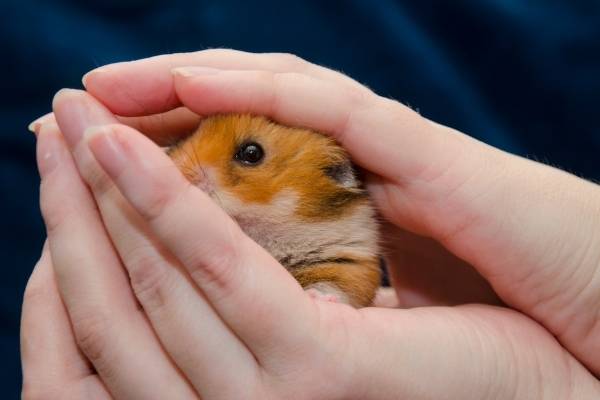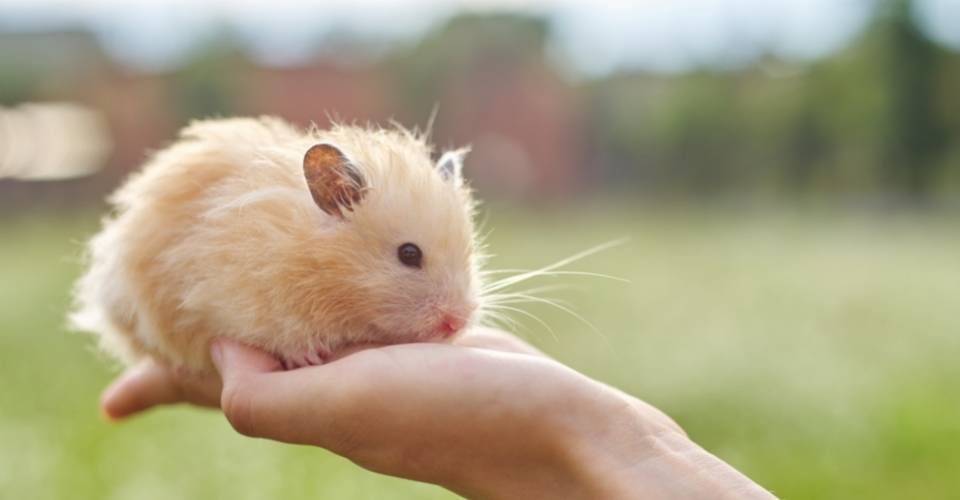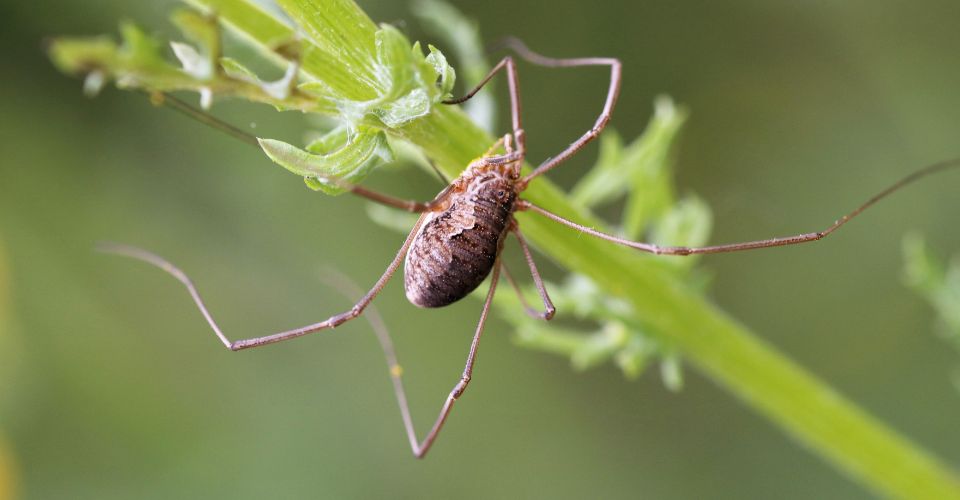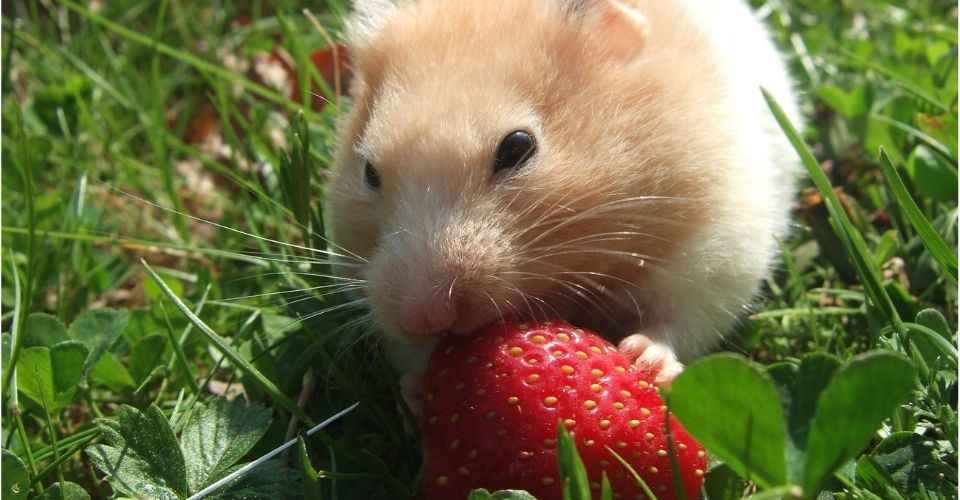Owing to them being low-maintenance, hamsters have developed a repute for being popular pets amongst children and pet enthusiasts alike. Hamsters, however, do have their share of day-to-day problems that need to be addressed and discussed. These cute, furry fellows have a knack for shaking due to various reasons. As hamster owners, you may be taken aback if you encounter your hamster shaking for the first time. You may start to wonder, ‘why is my hamster shaking?’
Do Hamsters Normally Shake?
Understandably so, shaking is not something that we could generally associate with someone as being normal, whether it is a human or a pet. And hamsters are no different. Shaking is generally indicative of something being amiss in the hamster’s anatomy; it could either be due to physical or mental stress. The reason for your hamster’s shaking could range from an innocuous period of hibernation to any serious ailment.
Here is a simple breakdown for you to understand the probable causes behind your hamster shaking.
Anxiety and Fear

Stressful situations are bound to shake even the strongest of us, let alone a tiny, timid creature. Taking into consideration their size, hamsters can get surprised or frightened rather easily. Hamsters need to be handled with the utmost care; otherwise, they can be easily disturbed, and their anxiety triggered. This nervousness to touch is a major cause of the hamsters’ shaking.
Hamsters can take time to get accustomed to human touch and being tamed by their keepers. Even if they are used to their owners, the presence of new people or an attempt by relatively new people to tame them can make them shake. It is advised to avoid getting your hamster touched by people that it is not used to.
Nervous Breakdown
Human touch can not only make the hamsters anxious, it can also stimulate their bodies excessively. The overly stimulated hamster’s bodily functions are disturbed as its natural muscle motion is unsettled. This irregular motion causes these little guys to shake and often fall over. Hamsters are feeble creatures and may even start to shake by a mere touch; it is best to observe your hamster’s reaction, and if it is susceptible to touch, try and be gentle around it until it adapts to your touch.
Acclimatization to Temperature & Hibernation
Here is a commonality between hamsters and humans: Colder temperatures in the surroundings can make both humans and hamsters shake. As soon as the temperature falls towards the cooler side, hamsters go into hibernation; this also means that they live on lower energy levels compared to normal, and they would quit playing.
Living in such a condition usually makes the hamsters shake, and it is not something to be worried about; this is their routine functioning during hibernation. Hamsters can go all numb during this time and won’t show any signs of life except breathing. Once you raise the temperature of their environment through a heater or by any other means, they would jump back to life again. But you would make them shake once again. Sudden changes in surrounding temperatures can cause your hamsters feel a reflex in their body that makes them shake.
Just make sure that your hamster is not shaking for long after coming out of hibernation; this could be a medical issue and one that you may need to visit a vet for.
Serious Ailments
Hamsters can, at times, develop some serious medical issues that can range from respiratory infections to diabetes and from heart failures to strokes. These illnesses can prove to be a source of shaking in hamsters.
You need to look for any out-of-the-ordinary signs or behaviors in your hamsters to figure out if your hamster is facing any serious medical condition. Your hamster could pass red urine, have nasal discharges, diarrhea, or any unusual symptoms accompanied by shaking that could point to a significant ailment.
‘Why my hamster is shaking?’ Probably because of one or other reasons listed above. You need to be vigilant around your hamster, especially when it shows signs of being sick and is shaking. If you find anything out of the ordinary, do not wait and rush straight to your nearest veterinarian.





